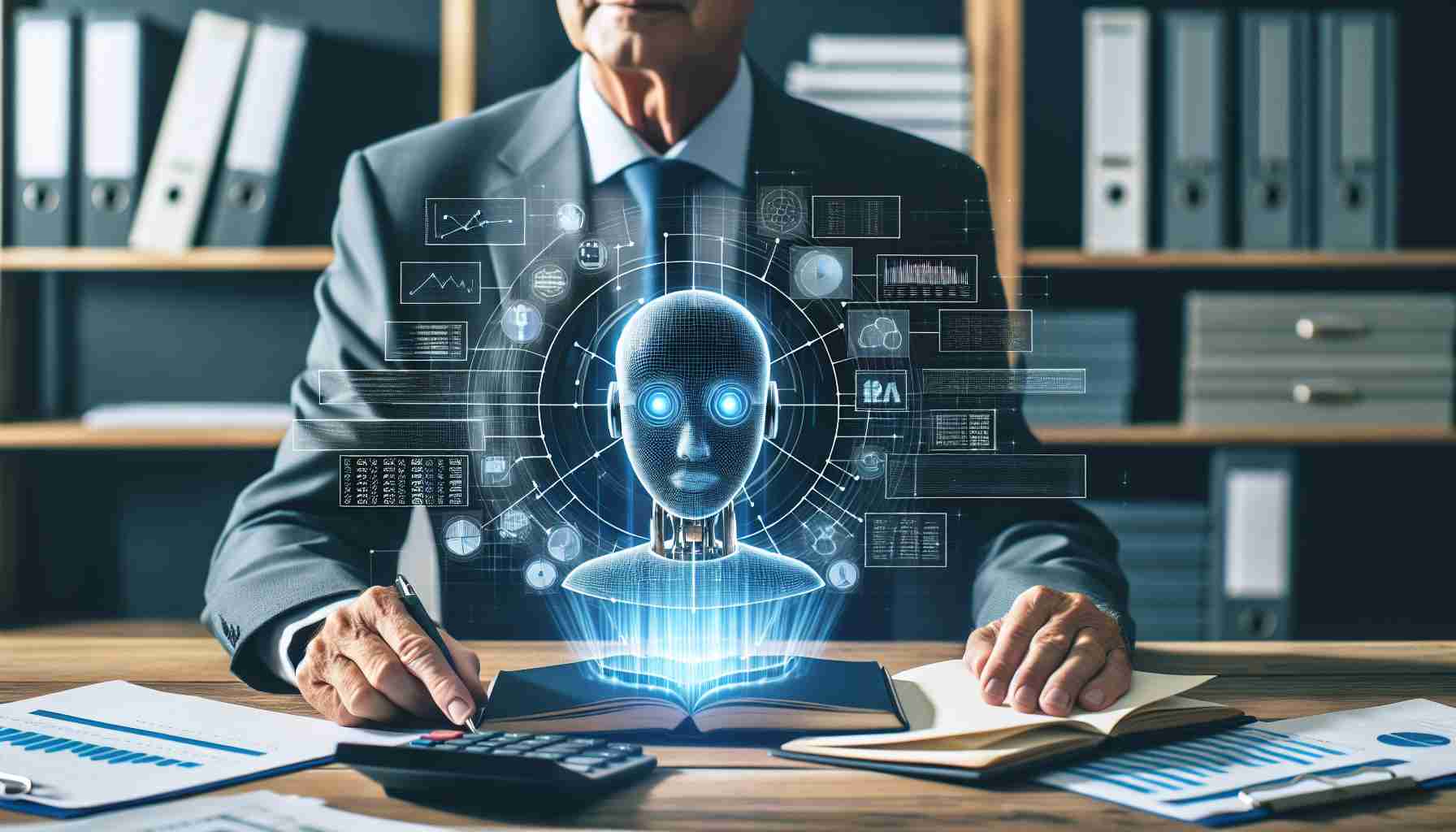AI as a Catalyst for Innovation in Accounting
Lee Jung-hee, Chairman of Deloitte Anjin LLC, has expressed optimism about the integration of Artificial Intelligence (AI) in the accounting industry. In a recent interview, Lee stressed that AI is not a threat but an opportunity to be harnessed.
Embracing Change and Challenges
The accounting veteran, with over four decades of experience, recognizes that while AI may encroach on routine tasks, it will simultaneously foster added value in specialized domains. AI is at the forefront of significant advancements within the accounting sector as firms increasingly deploy it in tasks such as financial risk diagnostics, meeting transcription, and validation of internal and external audit reports. Deloitte Anjin LLC took strategic initiatives by launching RightHoue last year to enhance financial analysis and safeguard against irregularities.
Strategic AI Application and Future Prospects
However, the successful adoption of technology hinges on trustworthiness and impartiality in the data used to train AI systems. AI is posited as an auxiliary tool rather than a replacement for professional judgment and expertise. As AI potentially enhances the quality of audits, accounting professionals look to AI as a valuable collaborator in providing deeper insights to clients and exploring new market frontiers.
Supporting Growth and Preparing for Leadership Transition
In anticipation of potential AI-related policies, Lee plans to emphasize the importance of AI within the industry and advocate for increased investment and support. As training and nurturing the next generation of accountants becomes pivotal, these professionals are seen as the future of the industry. With plans to stand for the 47th presidency of the Korean Institute of Certified Public Accountants (KICPA), Lee is prepared to utilize his comprehensive industry experience and broad network to address current issues and lay out proactive strategies for industry growth.
Relevant Facts:
– Deloitte, one of the “Big Four” accounting organizations, is known for being at the forefront of adopting technology across its global network. The incorporation of AI into their services aligns with their broader commitment to technological innovation.
– AI has the potential to transform the accounting industry, affecting not only auditing but also tax, consulting, and advisory services. Complex tasks such as predictive analytics and the analysis of large datasets can be handled more efficiently with the help of AI.
– The rise of AI in accounting raises important questions regarding data privacy and security, the need for stringent regulation, and the ethical use of AI, particularly concerning decision-making that could have legal or financial implications.
Key Questions and Answers:
– How can AI impact the role of human accountants? AI is poised to automate routine tasks in accounting, potentially freeing human accountants to focus on more strategic and advisory roles that require human insight and professional judgment.
– What are the potential risks of deploying AI in accounting? Risks include data breaches, misuse of sensitive information, and errors or biases in the AI algorithms that could lead to incorrect financial analyses or decisions.
Challenges and Controversies:
– There is a debate on the challenge of ensuring AI algorithms are transparent, auditable, and free of bias.
– Another challenge lies in re-skilling and up-skilling the existing workforce to work effectively alongside AI. There may be resistance or anxiety among professionals regarding the adoption of AI in their work practices.
– A controversy centers around the potential job displacement caused by AI, even though there is a general consensus that AI will create new types of jobs while it transforms or eliminates others.
Advantages and Disadvantages:
– Advantages: AI increases efficiency and accuracy, enables the handling of large volumes of data, enhances the ability to detect fraud and anomalies, and can provide more sophisticated financial analytics and insights.
– Disadvantages: There is a risk of job displacement in lower-skilled positions, potential ethical and privacy concerns, a need for significant investment in technology and training, and the risk of over-reliance on technology that could lead to a shortfall in professional skepticism.
For more information on how firms like Deloitte are integrating AI into their services, you can refer to Deloitte’s main website by using the following link: Deloitte.

